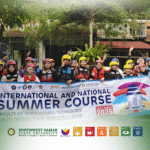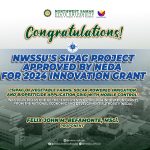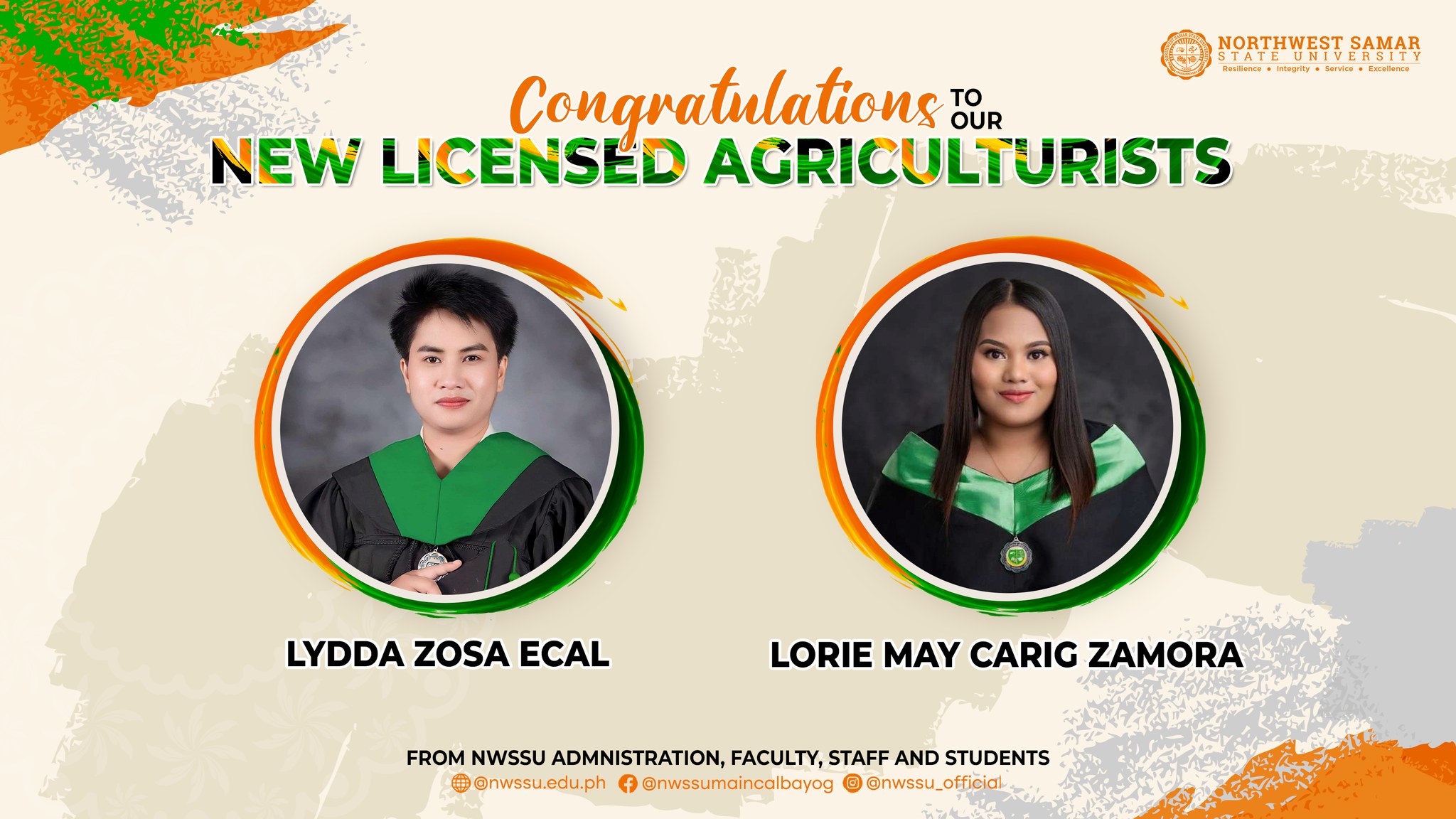Northwest Samar State University (NwSSU) participated in the 2025 International and National Summer Course hosted by Universitas Brawijaya in Malang, Indonesia. Designed as a hybrid program combining online and onsite sessions, the course runs from June to August 2025, with the onsite sessions held from June 22 to 27. The program revolved around the theme “Innovative Agricultural Technologies for Future Food Security, Green Industry, and Environmental Sustainability,” delving into forward-looking frameworks and emerging technologies aimed at redefining sustainability within the agro-industrial landscape. Representing NwSSU was Jonathan M. Peru, a third-year Bachelor of Science in Food Technology student, accompanied by a BSFT faculty member – Ms. Maria Joana T. Nicolas. Their participation marked the implementation of the institutional collaboration between NwSSU and Universitas Brawijaya, reflecting a shared commitment to cross-border academic mobility and scholarly exchange. Mr. Peru made a remarkable impression during the summer course, hailed as the Champion for the Best International Group Presenter and earned the second place in the Artefact (Dance Competition). His commendable performance showcased not only individual aptitude but also the university’s growing imprint in international academic excellence. This engagement highlighted NwSSU’s commitment to global linkages and preparing students to be proactive contributors in solving global challenges, particularly in food security and environmental sustainability. By engaging in such initiatives, the university continues to build a strong presence in international academic communities.







